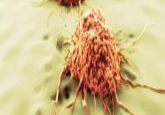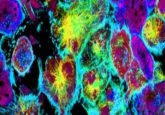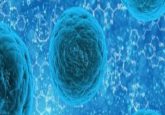ASH15: Novel pathway and potential target identified in resistant multiple myeloma

Why do nearly all patients with multiple myeloma experience a relapse following treatment with standard-of-care therapies? This is one of the biggest questions regarding the disease to date and one that investigators at Yale Cancer Center (CT, USA) have been trying to answer.
Observing the growth of resistant myeloma cells, the Yale team have recently uncovered a new pathway by which these cells survive and grow. Details of their findings were presented this weekend at the 57th Annual Meeting of the American Society of Hematology (5–8 December, 2015, FL, USA).
In most cases of multiple myeloma, the most common hematologic malignancy in the United States after leukemia and lymphoma, initial treatment consists of immune modulators such as lenalidomide or pomalidomide. However, residual cancer cells that are unaffected by the therapy are able to cause a relapse of the disease in most patients.
The Yale study uncovered a previously undiscovered biologic pathway induced by the immune modulating drugs that promoted survival and growth of these residual cancer cells. First author Rakesh Verma of Yale Cancer Center explained: “In this case, the pathway involved the loss of a protein called MBD3 that allows tumor cells to become more like stem cells and persist.”
“Preventing the degradation of MBD3 protein will make it difficult for myeloma cells to escape this class of drugs,” commented senior author Madhav Dhodapkar, also of Yale Cancer Center. “Being able to target the cells that lead to relapse is essential to curing myeloma.”
Source: Yale Cancer Center press release




